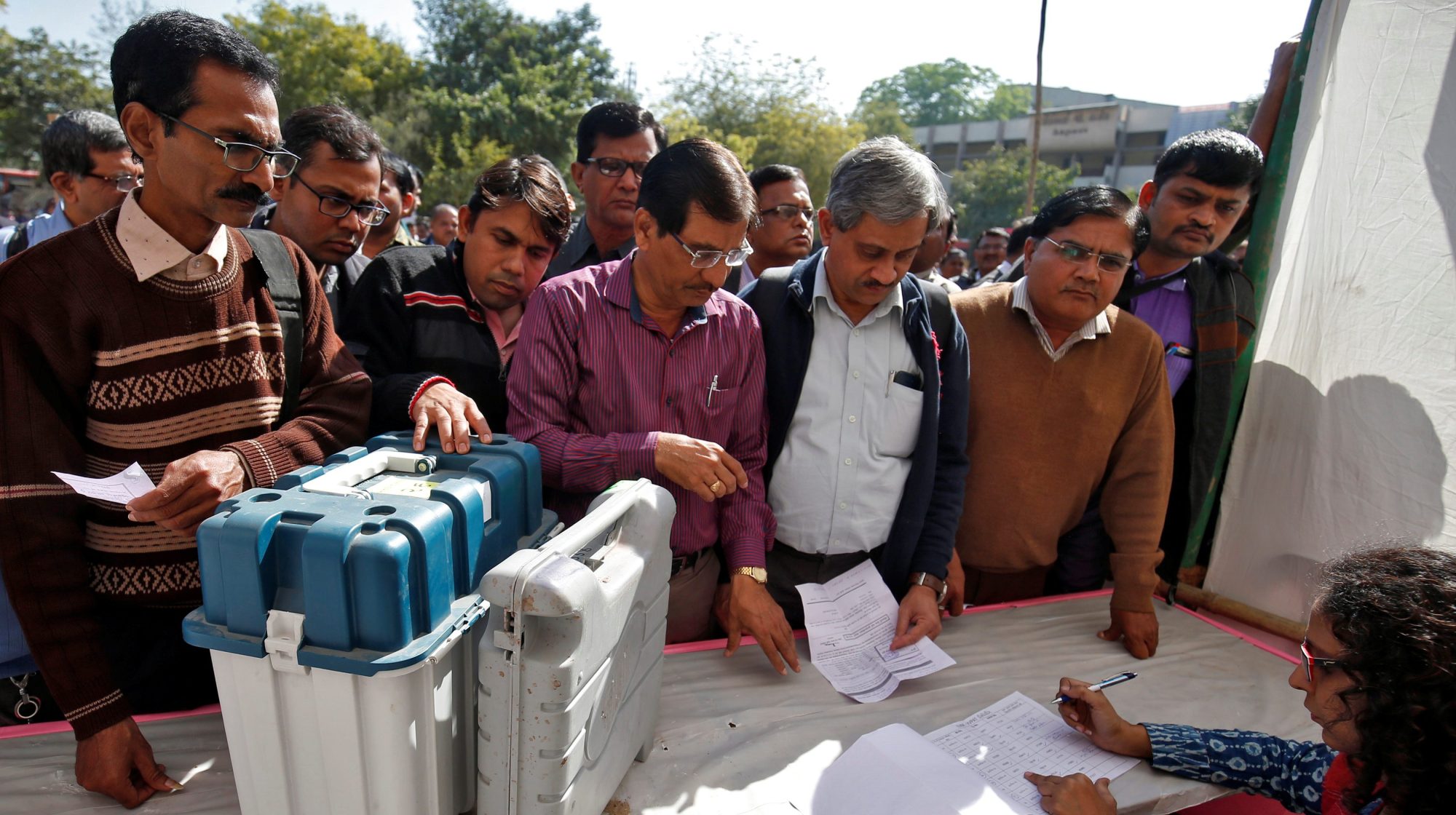
Image Source: brookings
Representation in the electoral system is a cornerstone of a vibrant and functioning democracy. It ensures that diverse voices are heard, and the interests of all citizens are taken into account. In the context of the UPSC (Union Public Service Commission) perspective, examining the electoral system's equity becomes paramount for a comprehensive understanding of governance and policymaking.
The Need for Equity in Representation
Equity in representation goes beyond mere numerical presence. It entails a fair and proportional inclusion of various demographic, socio-economic, and cultural groups in the political decision-making process. From the UPSC viewpoint, understanding the intricacies of representation is crucial for aspirants aiming to contribute meaningfully to public administration.
Challenges in the Current Electoral System
The existing electoral system, while robust in many aspects, faces challenges in ensuring equitable representation. Under-representation of certain communities, gender imbalances, and economic disparities often persist. Aspiring civil servants need to delve into these challenges to formulate informed and inclusive policies that address the root causes of inequity.
Initiatives towards Strengthening Representation
Several initiatives have been undertaken to strengthen representation in the electoral system. Proportional representation mechanisms, affirmative action policies, and awareness campaigns are among the tools used to bridge the gaps. Aspirants preparing for the UPSC must be aware of these initiatives to propose innovative solutions and contribute to the ongoing discourse on electoral reform.
Role of Civil Servants in Strengthening Representation
As future civil servants, UPSC aspirants play a pivotal role in shaping policies that enhance representation. By understanding the complexities of the electoral system and advocating for reforms, they contribute to building a more equitable and inclusive governance structure. The UPSC examination, therefore, serves as a gateway for individuals committed to making a positive impact on the democratic fabric of the nation.
Conclusion
In conclusion, the quest for equity in representation within the electoral system is a journey that demands attention from UPSC aspirants. By grasping the nuances of this intricate system, aspirants can become catalysts for positive change, fostering a democracy that truly reflects the diversity and aspirations of its citizens.